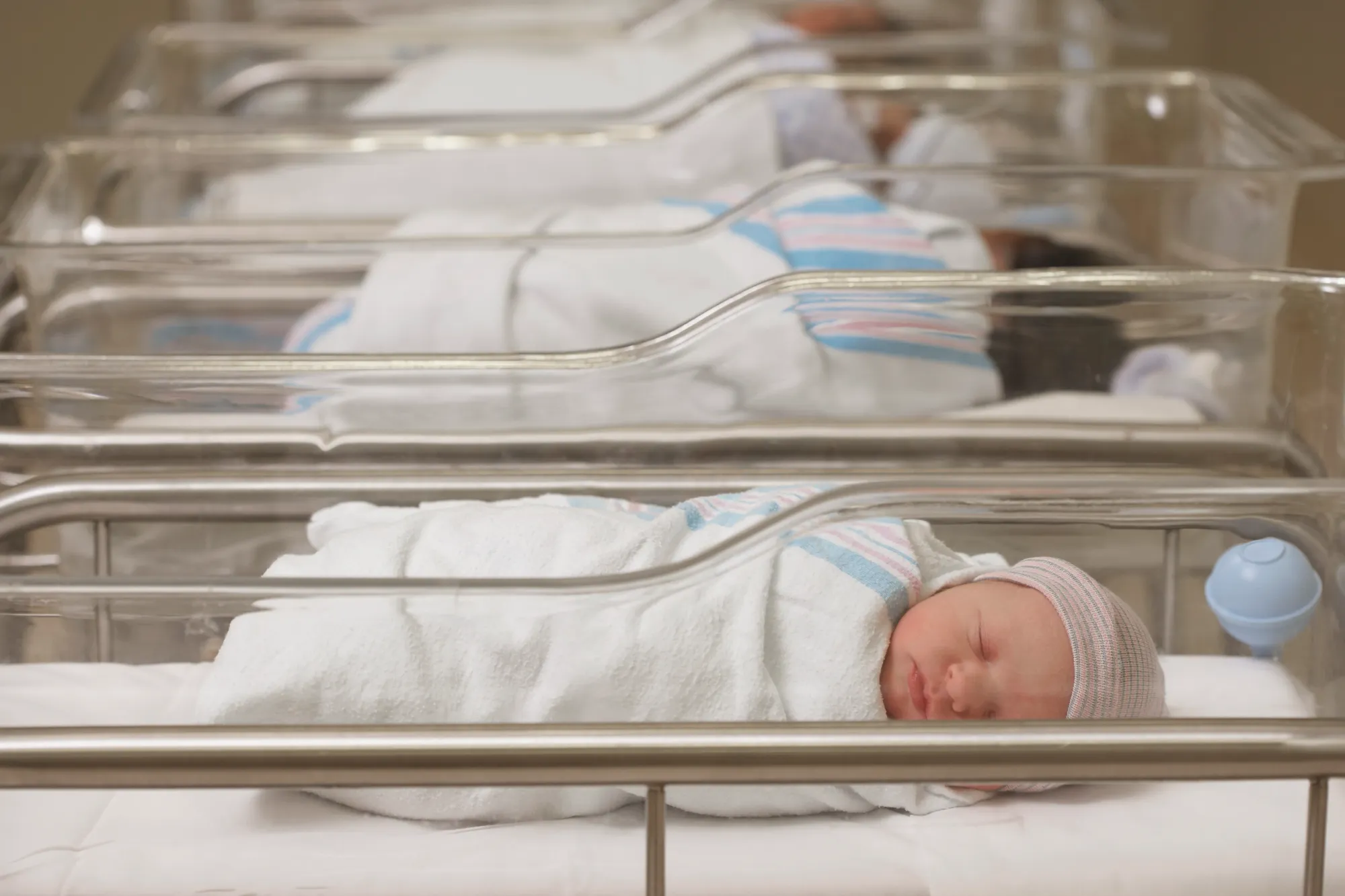Canada’s fertility rate has hit a record low. What’s behind the drop?
The record-low fertility rate was registered across the country in 10 of the 13 provinces and territories.

Canada's fertility rate has continued its downward trend, reaching a record low and placing the country among the "lowest-low" fertility nations.
According to new data released by Statistics Canada on Wednesday, the fertility rate in 2023 was 1.26 children per woman, marking the lowest level since records began. This decline was observed in 10 out of Canada's 13 provinces and territories.
The fertility rate is an estimate of the average number of live births a woman is expected to have during her reproductive years, as explained by StatCan.
In 2022, the fertility rate had already dropped to a previous low of 1.33 children per woman, but that record has now been surpassed.
“The drop from 2022 to 2023 largely reflects an increase in the number of women of childbearing age, as the number of births remained relatively stable between the two years,” StatCan reported.
Last year, a total of 351,477 babies were born in Canada, a number nearly identical to that of 2022.
Why is Canada’s fertility rate declining?
With this latest data, Canada joins the ranks of "lowest-low" fertility nations—those with a rate of 1.3 children per woman or less—alongside countries like South Korea, Spain, Italy, and Japan.
A StatCan report from January attributed part of the fertility decline to the "pandemic rollercoaster," noting that many families postponed having children due to the uncertainty brought on by the COVID-19 crisis.
“Given the public health crisis, along with economic and societal disruptions triggered by the pandemic, it's likely that a portion of the population reconsidered their childbearing plans during this period of widespread uncertainty,” the report explained.
Experts also cite ongoing economic challenges, rising living costs, and changing lifestyle and work preferences as key factors behind the declining birth rate.
“It’s been financially tough for many. Inflation hasn’t made things easier. Couples are looking at their paychecks, assessing their expenses, and thinking, ‘Maybe now isn’t the best time to have kids,’” said Don Kerr, a demographer at King’s University College at Western University in London, Ont., in a January interview with Global News.





